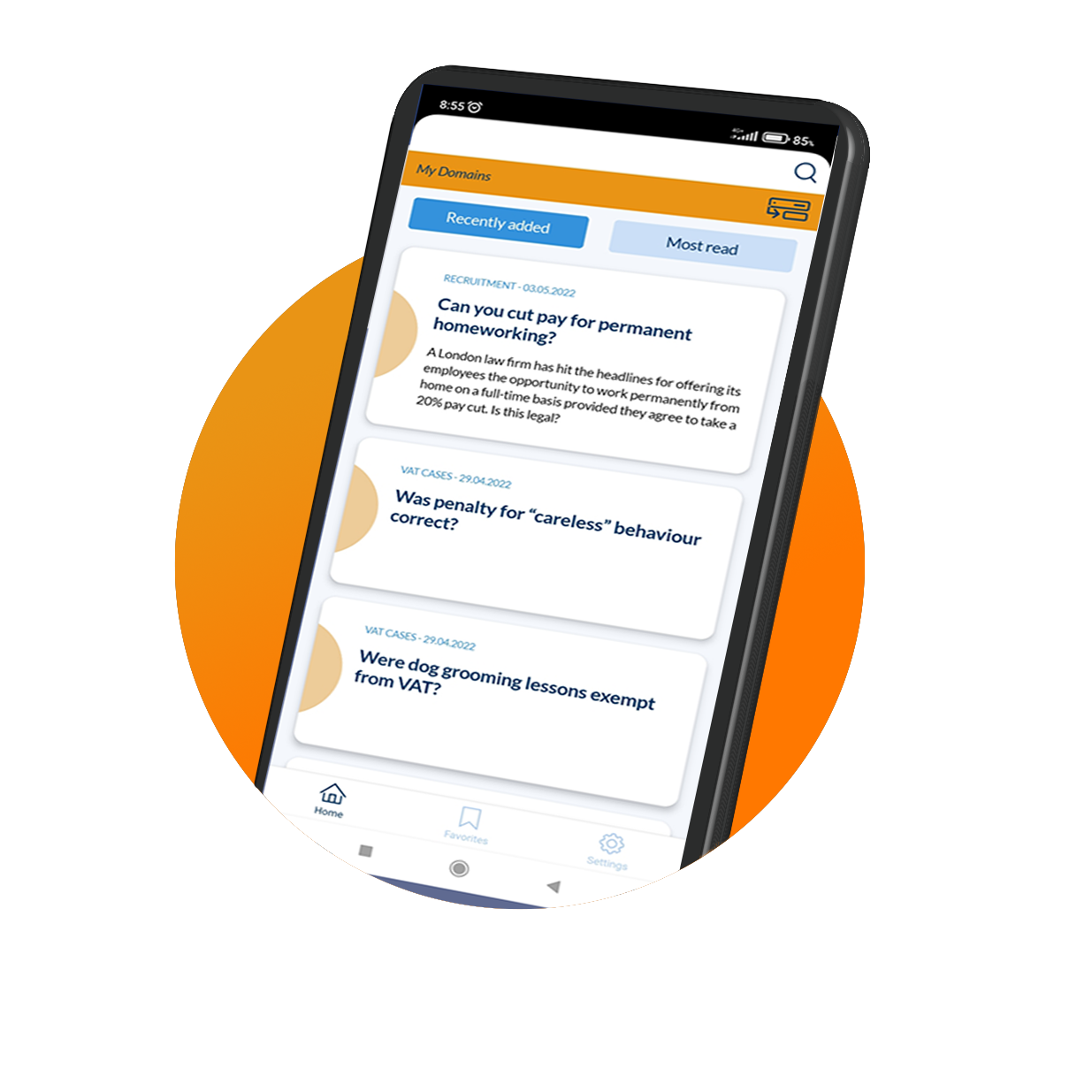MENTAL HEALTH - 01.07.2024
Are EAPs cost-effective?
With mental health issues rising, the need for an employee assistance programme (EAP) is becoming a necessity, not a luxury. But are they cost-effective?
Read more
MENTAL HEALTH - 17.06.2024
Mental health No.1 priority
IOSH survey. IOSH wanted to gauge members’ views on what should be at the forefront of political leaders’ minds in the build-up to the UK General Election on 4 July 2024. Members were given a list of topics and asked to pick what their three priorities would be from them. Top of the list was mental health at work at 38.16% of members. ...
Read more
HAZARDOUS SUBSTANCES - 17.06.2024
Company fined after workers exposed to wood dust
A company has been fined for not controlling the risk from working with wood dust. What are the dangers involved and what should be put in place to protect workers and your business?
Read more
MUSCULOSKELETAL DISORDERS - 17.06.2024
Issues with prolonged kneeling
Kneeling is a common yet often overlooked practice that can lead to health problems, including absenteeism. What can you do to reduce the risk of lower limb disorders (LLDs) in your workplace?
Read more
HAZARDOUS SUBSTANCES - 04.06.2024
Flour dust - what are the risks?
Although on the surface of it flour dust appears innocuous, it is a hazardous substance. What are the ill-health effects and injuries that can occur when working with flour, and what should be put in place to reduce the risk?
Read more
WORKPLACE - 21.05.2024
Beauty and safety should go hand in hand
Beauty rooms, nail bars and hairdressing salons are increasingly popular. But what can go wrong if you don’t plan for the health and safety of workers and clients? What are the essential steps you should take to keep your salon free from harm?
Read more






